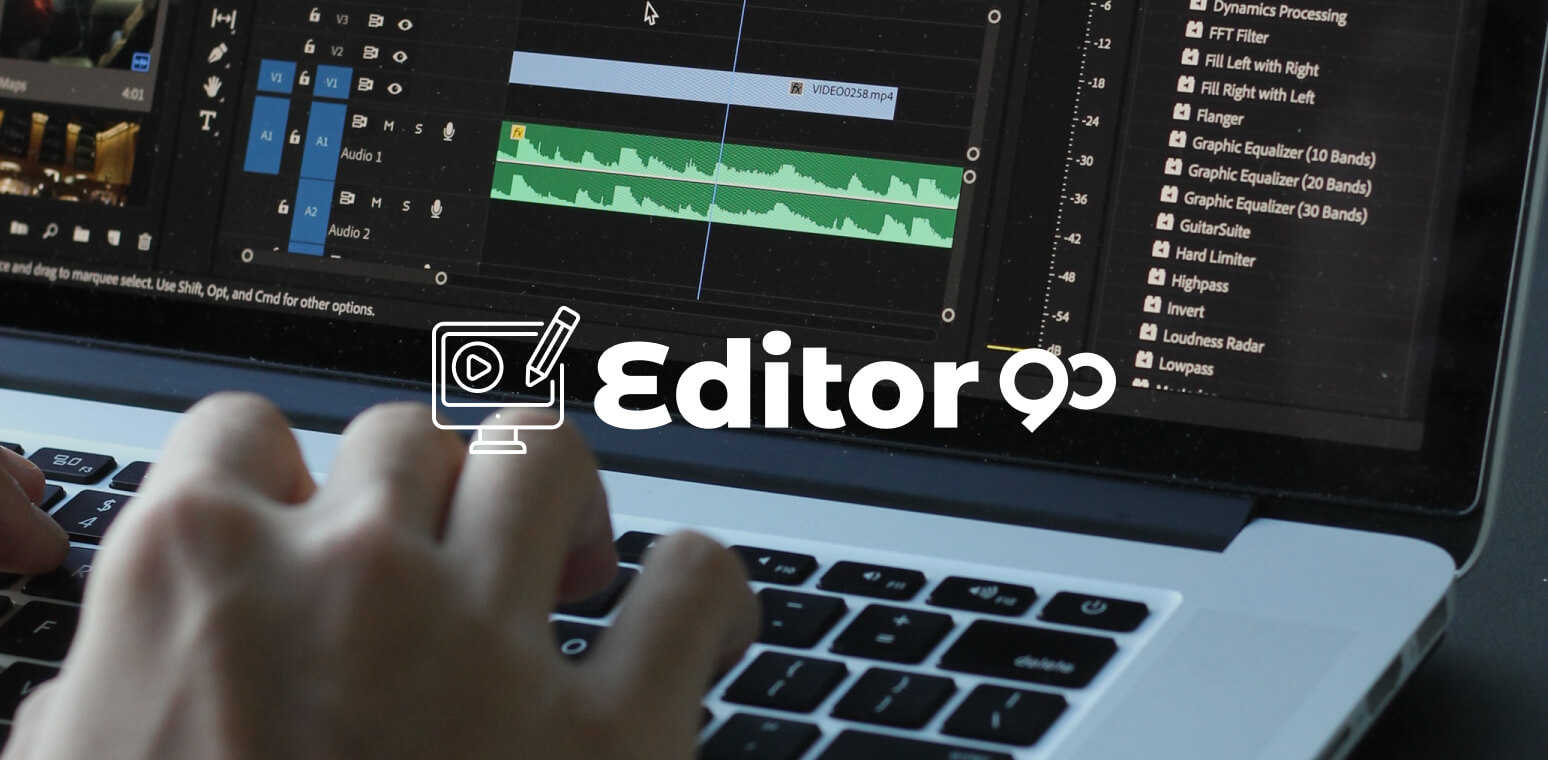Hi,
Get in touch with us today to chat about your next project.

If you’ve always dreamed of a career in film editing, but aren’t sure you want to tie yourself to a specific studio or broadcast facility for most of your career, you may be wondering whether you’ll be able to make it as a freelancer in this highly competitive industry.
Read on for some factors you’ll want to consider (as well as steps you’ll need to take) to achieve success as a freelance video editor.
Freelancers lack the benefit of a backing company’s reputation for high-quality work as a result, your main selling point to potential clients is going to be your resume (demonstrating that you have experience in a certain area) and your editing reel (providing a firsthand glimpse into the type of product you can provide to the client).
As you continue to gain experience with a variety of genres and production budgets, you may want to develop several different resumes or editing reels so that you’ll be better able to tailor future applications to the prospective client’s interests.
As a freelance video editor, it’s crucial to have a realistic assessment of your skills and weaknesses.
While freelancers enjoy the freedom to choose their working hours, how much (or little) they work, and the genres and types of videos they edit, this freedom can come at a cost.
Mismanaging your client’s time (or money) by failing to meet deadlines or going over budget can cost you future work and majorly harm your reputation in the relatively insular film community, while being too choosy about the work you accept could put you in a financial bind.
Those who enjoy the security of a regular paycheck and benefits, who aren’t great at self-marketing, or who tend to procrastinate on important projects may find their video editing skills better utilized under the auspices of a production company rather than freelancing.
The speed with which video editing technology advances from year to year often means that if you’re standing still, you’re really moving backward.
It’s important to stay up-to-date on improvements in editing technology and techniques (as well as marketing and client acquisition techniques) to ensure you remain competitive in this field.
Some good resources to assist in your professional development can include industry blogs or even industry-focused social networking sites (like LinkedIn).
By “following” those who are most in the know, you’ll ensure you remain apprised of any major developments in the industry.
If your city has a film-focused community college or dedicated film school, you may also want to audit a few courses periodically to see what has changed (and what has stayed the same) since you went through film school yourself. This can be even more useful if you don’t have any formal film education under your belt.
Skill diversification is important in just about every field — but particularly in the world of film, and even more particularly for freelancers. By branching out and becoming familiar with other roles in the film industry, you’ll find yourself with plenty of back-up options if your editing projects begin to dry up. Film editors can often transition fairly easily into sound engineering, assistant directing, or even small-scale video production projects.